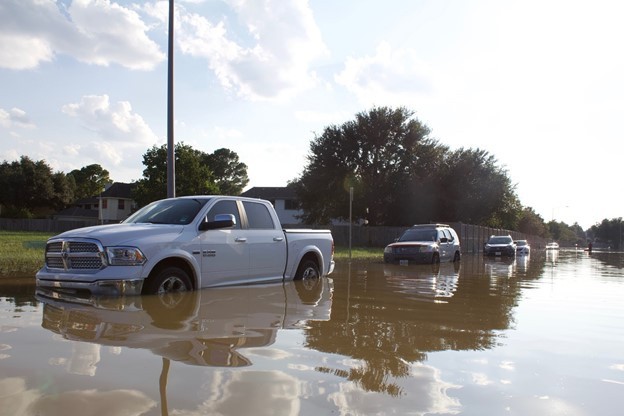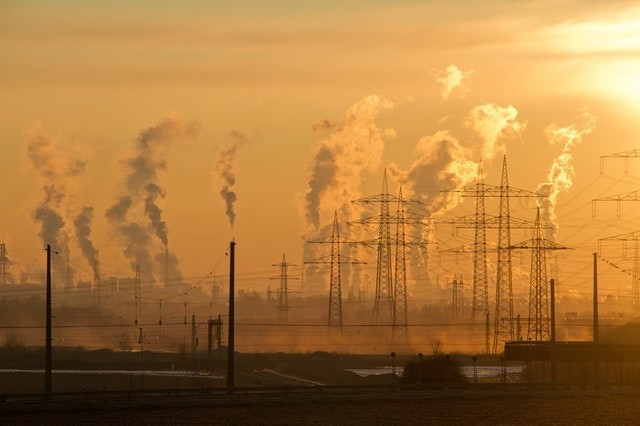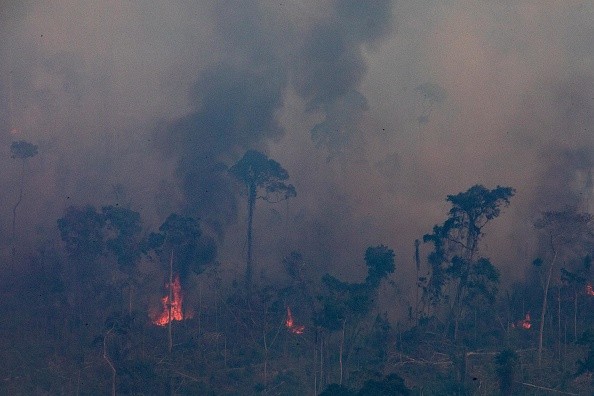Temperatures are rising, storms are becoming stronger, floods are becoming more intense, and the wildfire season is becoming longer and more severe due to climate change.
Scientists warn that ignoring climate change would cause humanity "untold agony." But, if things become that bad, would humanity become extinct as a result of climate change?

Worsening Weather Events
Temperatures are rising, storms are becoming stronger, floods are becoming more intense, and the wildfire season is becoming longer and more severe due to climate change. Scientists warn that ignoring climate change would cause humanity "untold agony." But, if things become that bad, would humanity become extinct as a result of climate change?
In an email to Live Science, Michael Mann, a renowned professor of atmospheric science at Penn State and author of "The New Climate War: The Fight to Take Back Our Planet" (PublicAffairs, 2021), said, "There is no evidence of climate change scenarios that would leave human beings extinct.
However, climate change may continue to endanger the lives of hundreds of millions of people, for example, by causing food and water scarcity, which can cause social collapse and set the scene for global conflict, according to studies.
Fossil Combustion

Through the combustion of fossil fuels and other activities, humans increase the number of greenhouse gases in the atmosphere, such as carbon dioxide and methane. These gases trap and store solar heat, causing global temperatures to grow and the climate to change far more quickly than it would otherwise, placing civilization on a perilous path.
According to Luke Kemp, a research associate at the University of Cambridge's Centre for the Study of Existential Risk, a runaway greenhouse effect is probably the only way climate change consequences may directly trigger human extinction. This effect occurs when a planet becomes trapped in an uncontrollable positive feedback loop of warming and absorbs more heat than it loses, causing the planet's seas to evaporate and the world to become uninhabitable.
Runaway Greenhouse
Fortunately, on Earth, the runaway greenhouse effect is not a viable climate change scenario. According to Brian Kahn, a research scientist at NASA's Jet Propulsion Laboratory, a planet needs carbon dioxide levels of a few thousand parts per million (Earth has a little over 400 parts per million) or a massive release of methane for the effect to occur, and there isn't evidence for either at this time.
According to Live Science, Venus has the runaway greenhouse effect, but it is considerably closer to the sun and has a thicker, carbon dioxide-rich atmosphere that traps more heat than Earth's. Although climate doomsayers frequently make such assertions, the evidence does not support them, according to Mann. "There's no need to overstate the threat posed by climate change. The truth is terrible enough to justify taking drastic measures."
Increase in Global Temperature
According to Mann, a global temperature increases of 5.4 degrees Fahrenheit (3 degrees Celsius) or more may cause the breakdown of our societal infrastructure, as well as widespread instability and war, resulting in a future that looks like something out of a Hollywood apocalyptic picture.
Food Insecurity

Food insecurity is one way that climate change might lead to social breakdown. According to Live Science, global warming has various detrimental effects on food production, including increasing the water deficit and lowering food yields. Furthermore, according to research published Feb. 21 in the journal Climatic Change, food production losses can raise human mortality and cause economic loss and socio-political instability, among other variables, leading to the disintegration of our institutions and increasing the danger of social collapse.
For more environmental news, don't forget to follow Nature World News!
© 2025 NatureWorldNews.com All rights reserved. Do not reproduce without permission.





